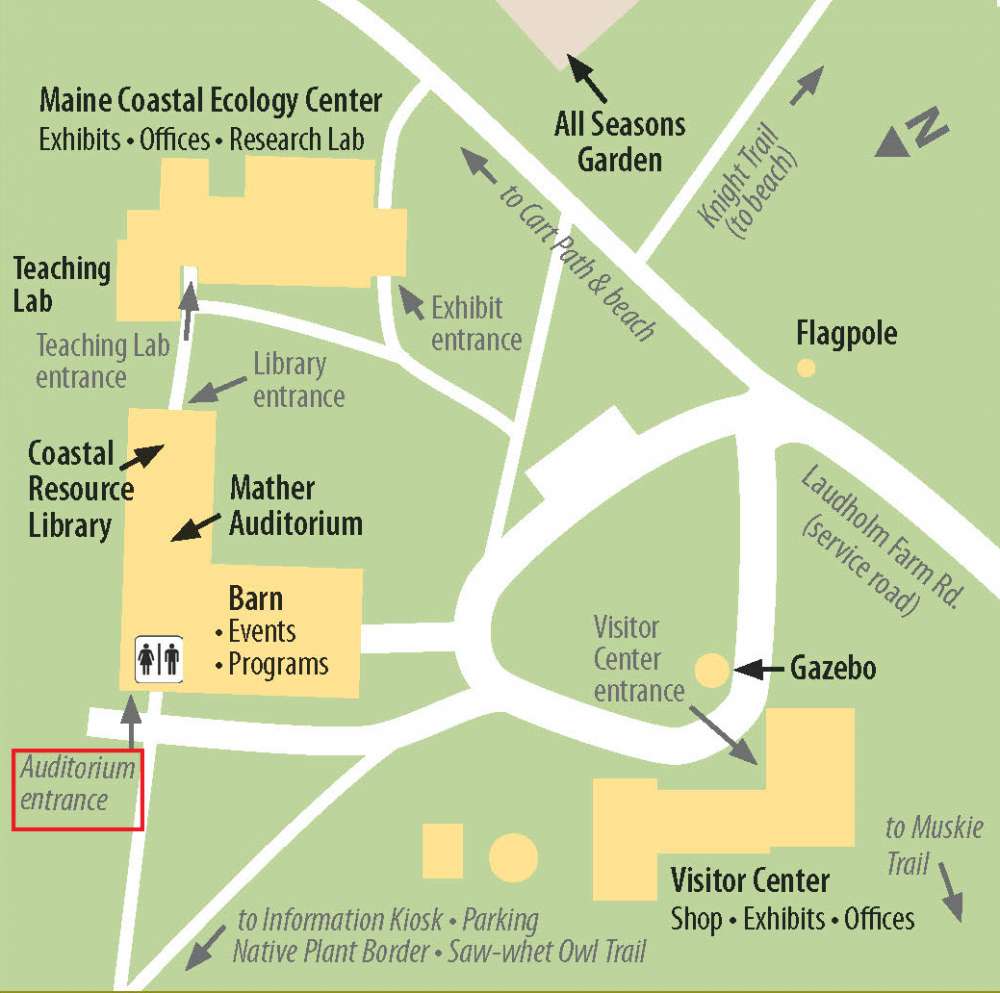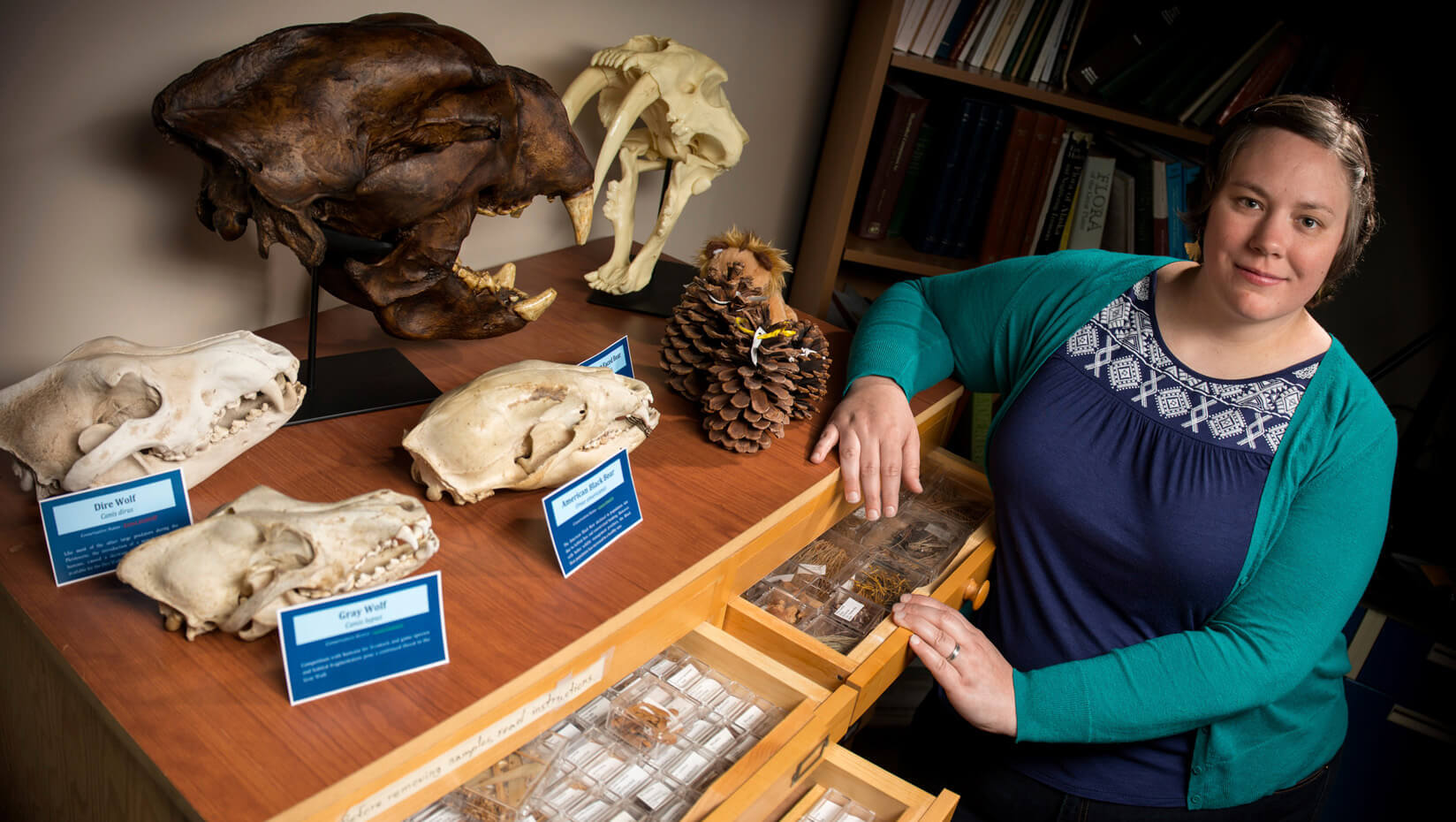POSTPONED--New Date TBD--Of Mice and Mammoths: Ice Age Perspectives on Climate Change, Extinction, and Resilience
Explore how the biodiversity and extinctions of the past are helping to inform conservation strategies for the future.
Reservations
Not Required
Pricing
- Suggested Donation: $5.00
Location
Mather Auditorium

Climate change, extinction, and other threats facing our ecosystems are nothing new under the sun – we have a number of examples in the recent fossil record to draw upon as analogs. Understanding how yesterday’s biodiversity responded to these “natural experiments” can help ecologists prepare for the challenges of the coming next century. Earth's largest animals disappeared at the end of the last ice age, leaving consequences for biodiversity that are still playing out thousands of years later. But the story isn't all bleak -- there are tales of resilience and survival, too. These lessons from the past can help inform cutting edge—but often controversial—conservation strategies, from managed relocation of species to de-extinction and rewilding.
Jacquelyn Gill is an assistant professor of paleoecology at the Climate Change Institute and the School of Biology and Ecology at the University of Maine, where she directs the BEAST Lab for investigations on Biodiversity and Environments Across Space and Time. An ice age ecologist, she uses the natural experiments of the fossil record to understand challenges facing ecosystems in a warming world, with a particular focus on extinction impacts. She co-hosts “Warm Regards,” a podcast of climate change conversations.

